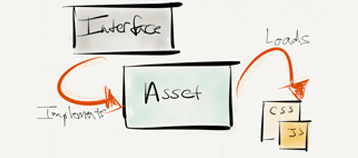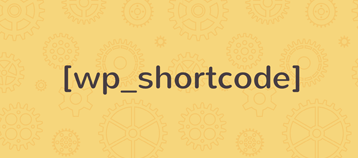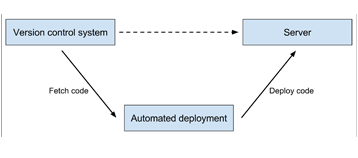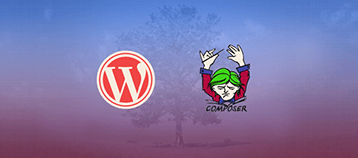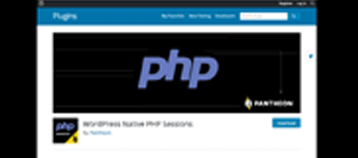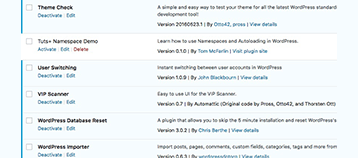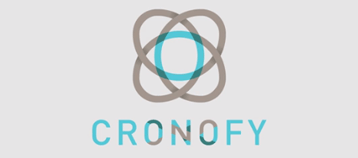WordPress Version Control with Git
Version control is an integral part of the web development workflow, and it is no less necessary with WordPress sites. However, getting a WordPress site set up with version control, or more specifically, with Git, can be challenging in several ways.


